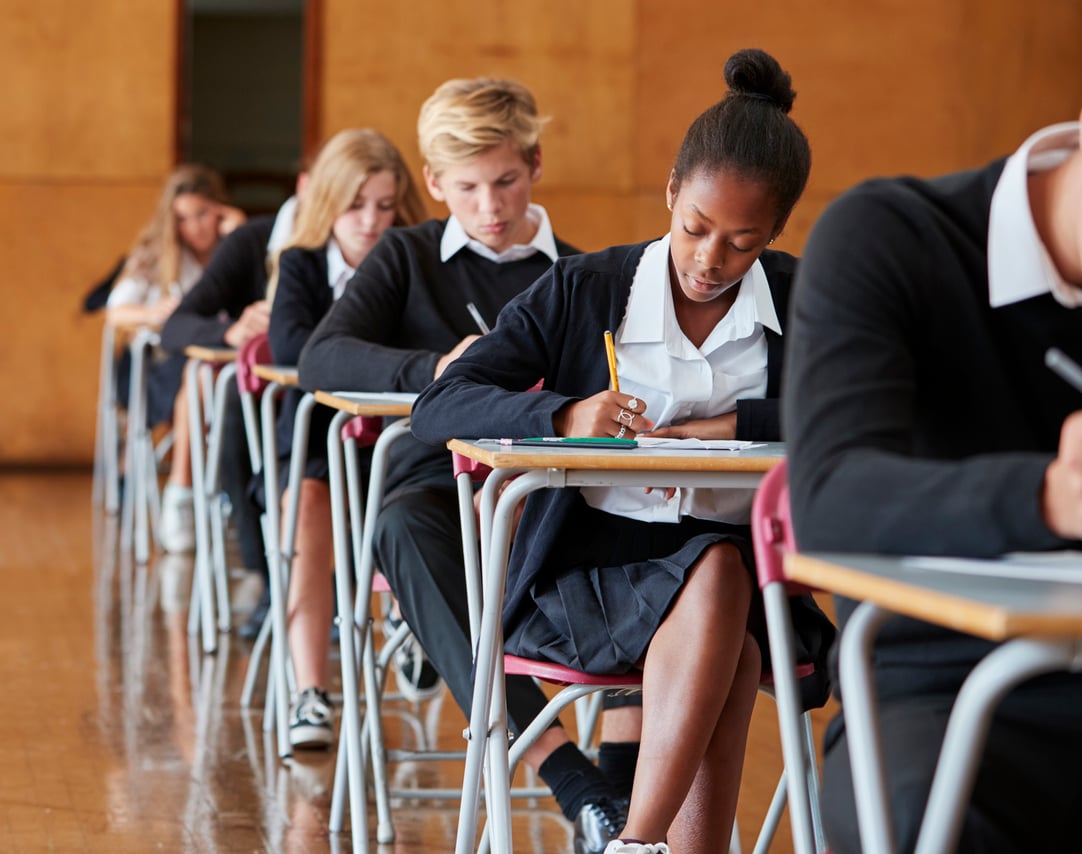Sign up with the Movement to Save Temecula Schools: Community Activity Needed!
Wiki Article
Understanding the Value of Institutions in Youngster Advancement and Neighborhood Growth
Institutions' interaction with regional communities through service-learning campaigns reinforces the bond between households and educational institutions. This cooperative connection emphasizes the relevance of colleges in nurturing active citizenship and lifelong learning habits.Academic Accomplishment
Academic achievement acts as a keystone of kid growth, supplying the foundation upon which future understanding and success are constructed. Institutions play a critical role in fostering this academic development, providing structured environments where youngsters can obtain essential knowledge and cognitive abilities. Standardized educational program ensure that students gain effectiveness in core subjects such as mathematics, science, and language arts, which are essential for both greater education and specialist opportunities.Along with passing on basic academic abilities, schools likewise grow critical reasoning, problem-solving capabilities, and intellectual inquisitiveness. These cognitive expertises are vital for browsing intricate real-world circumstances and adapting to the ever-evolving needs of the modern work environment. Teachers, as facilitators of understanding, employ diverse instructional techniques to deal with varied discovering styles, therefore making the most of private pupil potential.
Moreover, scholastic success is very closely connected to self-confidence and inspiration. Children that experience scholastic achievements are most likely to develop a favorable self-concept and a lifelong enthusiasm for understanding. Schools additionally use different sources, such as collections and technology, which further improve the academic experience and prepare students for a highly advanced society.
Social Skill Growth
Beyond scholastic success, the function of colleges in social ability growth is important. Schools work as a primary venue for children to learn and exercise vital social skills such as conflict, teamwork, and communication resolution. In the structured setting of a classroom, pupils connect with peers, educators, and other college personnel, providing countless opportunities to create these essential abilities.Effective social ability growth in institutions is promoted through team tasks, collective tasks, and extracurricular programs. These communications help pupils recognize social norms, construct empathy, and cultivate a feeling of community. For example, group assignments teach students just how to interact towards a common objective, listen to various point of views, and navigate arguments constructively.

The growing of social skills throughout academic year lays a structure for future personal and specialist relationships. Save Temecula Schools. As trainees grow, the capacity to properly work together and connect ends up being significantly vital, highlighting the school's essential function in alternative youngster growth
Exposure to Variety
Direct exposure to variety in colleges is fundamental to promoting a comprehensive frame of mind and expanding students' point of views. Schools function as a microcosm of the more comprehensive culture, and running into diverse cultures, languages, and socioeconomic backgrounds within this environment furnishes trainees with necessary abilities for browsing a significantly globalized world. This exposure encourages empathy, decreases bias, and advertises shared respect amongst peers.Research shows that trainees who connect with peers from different backgrounds display better analytic skills and creative thinking. This understanding of diversity prepares pupils for future work environments that value modern competence - Save Temecula Schools.

Community Interaction
The advantages of diverse classrooms prolong beyond the institution walls, cultivating a solid feeling of area involvement among students. By communicating with peers from different cultural, socioeconomic, and ethnic backgrounds, pupils obtain a more comprehensive viewpoint and my website a gratitude for diversity. This direct exposure urges them to come to be energetic people who want to contribute positively to their communities.Schools that highlight neighborhood interaction typically include service-learning projects, which allow hop over to here pupils to resolve real-world troubles while using scholastic abilities. These jobs not only enhance pupils' understanding of their coursework but also infuse a feeling of obligation and empathy. Partnerships in between schools and local companies supply students with opportunities to participate in area events, further strengthening their role as positive community participants - Save Temecula Schools.
Additionally, parental and neighborhood participation in schools reinforces the bond between academic establishments and the areas they offer. With these initiatives, colleges play a pivotal function in nurturing area involvement and fostering societal development.
Lifelong Knowing Routines
Creating long-lasting understanding habits is crucial for a child's continuous growth and adaptability in an ever-changing globe. Schools play a critical function in instilling these practices by developing an atmosphere that promotes interest, important reasoning, and a love for knowledge. With extracurricular activities and diverse educational programs, instructors urge trainees to discover different subjects, analyze information seriously, and use their learning to real-world situations.
Additionally, colleges offer an organized setting where children can create self-control and time monitoring skills, both of which are important for continual learning. By stressing the value of establishing objectives, reviewing development, and adapting approaches, educational establishments prepare trainees to browse the intricacies of adult life, guaranteeing they remain long-lasting learners and contributors to society.
Final Thought
In verdict, institutions are crucial in cultivating kid advancement and neighborhood growth by providing settings favorable to academic success, social skill growth, and exposure to variety. Eventually, colleges grow lifelong learning behaviors, furnishing individuals with the needed expertise and skills to add positively to culture.In the structured atmosphere of a class, students engage with peers, teachers, and other college staff, using countless opportunities to establish these essential abilities.
In significance, exposure to diversity within colleges not just enriches specific pupils yet also enhances the social textile of the community as a whole.
The benefits of diverse classrooms prolong past the college wall surfaces, fostering Your Domain Name a strong sense of area interaction amongst pupils.Colleges that highlight neighborhood interaction often incorporate service-learning projects, which permit trainees to attend to real-world troubles while using scholastic abilities. Collaborations between schools and local organizations offer trainees with chances to take part in neighborhood occasions, additionally strengthening their function as positive neighborhood participants.
Report this wiki page